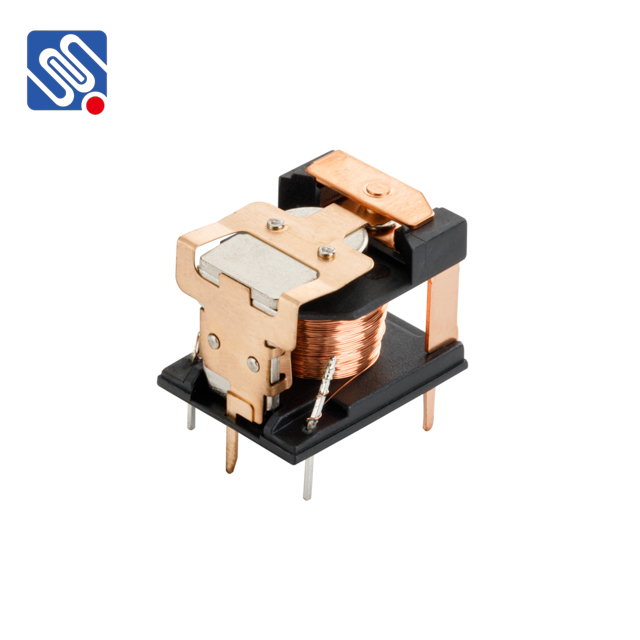Relays are crucial components in electrical systems, serving as electrically operated switches that enable the control of high-power circuits using low-power signals. With a wide range of relay types available in the market, selecting the right relay for your specific application can be a daunting task. This article provides a comprehensive comparison of different relay types, their features, and factors to consider when choosing a relay for your system.

Understanding Relays and Their Importance A relay is an electromagnetic device that opens or closes electrical contacts to control the flow of current in a circuit. It works by using an electrical signal to create a magnetic field, which then moves a switch mechanism to either complete or break the circuit. Relays are used in a variety of applications, including automotive, industrial automation, power distribution, and telecommunications. Types of Relays There are several types of relays, each designed for different functions and applications. The primary relay types include:
Electromagnetic Relays: